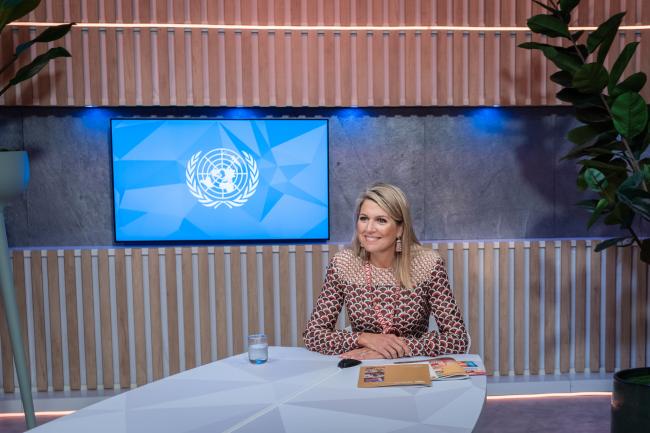
H.M. Queen Máxima of the Netherlands, the United Nations Secretary-General’s Special Advocate for Inclusive Finance for Development (UNSGSA), will give a speech at “The Road to Gender Transformative Business Models” hybrid conference on 15 November 2021 in Utrecht, Netherlands. The event is co-hosted by IDH - The Sustainable Trade Initiative and the Consultative Group to Assist the Poor (CGAP).
In most developing countries, women produce 60-80% of food and account for half of global food production, according to the Food Agriculture Organization (FAO) of the United Nations. Yet these women often lack decision-making power. In addition, they have limited access to financial resources, for example, to improve business operations or increase production (source: CGAP).
The conference is aimed at representatives of private organizations in the agricultural sector, financial institutions and service providers. They play an important role in developing innovative gender inclusive business models that contribute to formalizing the role and decision-making power of female agricultural entrepreneurs. If these women can participate in the labor market on an equal basis, production could grow between 2.5-4% and feed 100-150 million more people (Mercy Corp Agrifin and Dalberg, 2021).
In her speech, UNSGSA Queen Máxima will address the importance of gender neutral business models in agriculture in the context of inclusive financing. Prior to this, she has a closed round table discussion with a number of CEOs on this subject.
After the speech by the Special Advocate, there is a panel discussion with CEOs. The meeting will be continued with five digital break-out sessions on various topics within the theme.
Founded in 2008, IDH-The Sustainable Trade Initiative brings companies, governments and non-profit institutions together in public-private coalitions that jointly develop new business models and financing structures for sustainable production and trade of (especially) tropical agricultural crops. The initiative is financially supported by the Dutch, Danish and Swiss governments, among others.